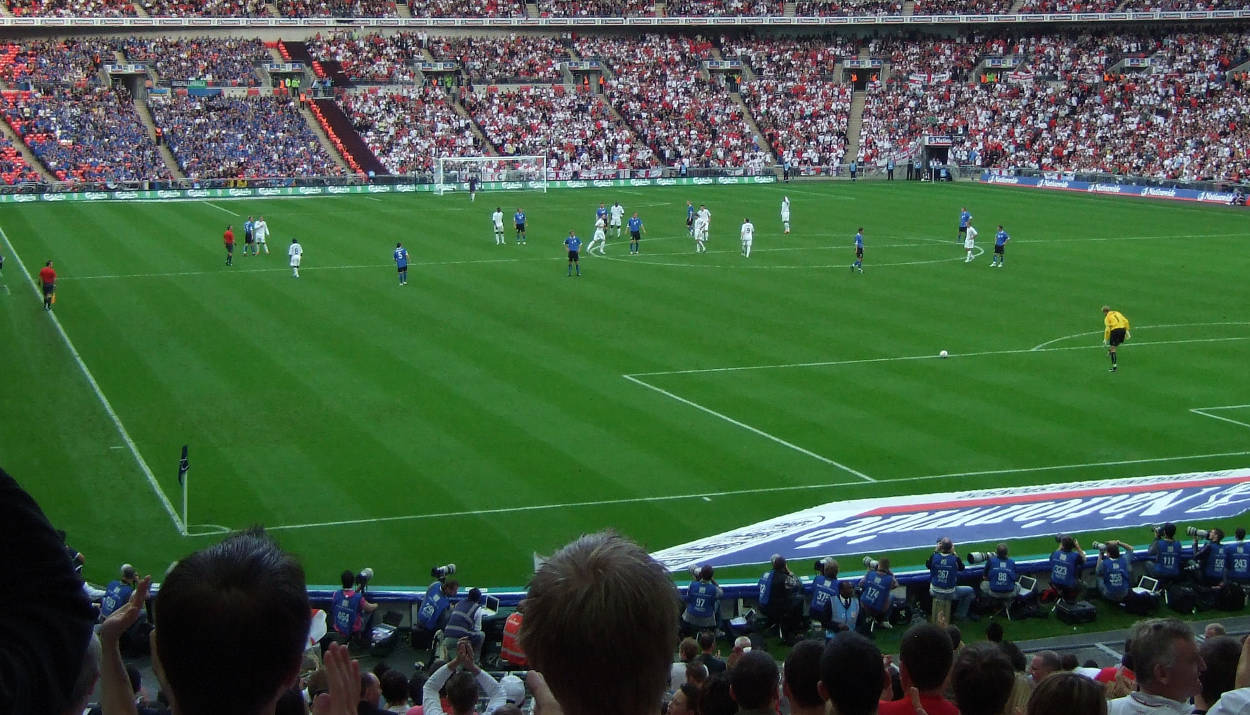London, UK (VIAnews) – An injury time winner against the team ranked fifty-fifth in the world. A 1-0 victory over the team ranked 120th. England’s upcoming jaunt to Russia for the World Cup finals should not take up too much of the players’ summer holidays.
To give an idea of the magnitude of the disappointment over the last few days, comparing FIFA rankings with league positions, West Ham United would need to travel to Spennymoor Town, currently fourth in the National League North, to find a similar level of competition as England should have faced against Lithuania.
Were the result a one-off, then there might be an excuse, but prior to the debacles of October, a just satisfactory 2-1 at home to Slovakia (ranked 19th) and a flattering 4-0 at Malta (world ranking – 191) marked the previous competitive matches. Who can forget the way England just managed to secure an undeserved draw against Scotland? And England is good in qualifiers.
The last tournament match was the 2-1 defeat against Iceland. No more needs to be said there.
But it has not just been the scores that have been a problem with England’s latest performances, it has been the sheer, unmitigated boredom of seeing them play. The extent of the tactics appears to be pump it long and cross-field (how many of these hopeless passes did Trippier attempt against Lithuania?) or hope for Kane to grab an injury time winner.
Defeat against both Slovenia and Lithuania would not have been particularly surprising looking at how these games developed.
So, why? Gareth Southgate seems a decent enough sort. He certainly says the right things and has done no worse in his opening matches than most of his recent predecessors. The malaise far predates him, although he appears to lack the inspiration to make England fulfil more of their limited potential.
A winter break? This would definitely help, provided the club owners did not turn the fortnight into a two-week money-making jaunt to Oceania. But it can’t excuse performances after only six weeks of the season.
No, there is another answer to England’s troubles that rarely seems to be considered. If we trace back to the times when England was good, back in the 1950s, 60s and early 70s, and look at the autobiographies of players from that era, a trend emerges.
Often, players would identify teachers from their school days as their inspiration. Rarely does that happen today.
Bobby Robson talks of David Gilliland, his sports master, as his ‘inspiration’. He is not alone. Alan Ball’s days playing for Oswestry Boys High School shaped the ball winning terrier who helped England win a world cup. But the role of teachers in inspiring the next generation of football stars has been, through ignorance, arrogance or both, diluted.
Although some teachers are involved in academies, there are few. Academy coaches might be experts when it comes to footballing skills, but the experts when it comes to children are their teachers. They understand how to motivate young people, how to keep them under control and how to apply sufficient pressure to ensure they achieve their best.
It is often said that sports teachers are too interested in winning rather than developing skills. Nonsense. It is just that they understand that children are naturally competitive, and want to win. They want their game at the end of a training session. It is what keeps them keen.
Another complaint is that too much pressure is put on young players by teachers. Why should anything else be expected? The children are at school. A degree of pressure is to be expected. It is positive when applied properly. We expect our students to have a bit of pressure to make them better at maths, at science and so on. Sport is no different.
But nowadays, schools are often not able to play their academy players in school matches. The academies have increasing sway, especially over parents who may simply withdraw their offspring from a school match or practice if the academy suggests they should.
This creates great stresses on the young player because they feel that they are letting down their friends and their school. This might be out of their control, but the effect is the same.
What has resulted from the years of academy training are insufficient numbers of players who have the mental strength to enter the highest echelons of international football. Some make it, but many more fall by the wayside.
They lack the necessary discipline and self-motivation to be the best they can be. These are the skills that schools can instil. By side-lining teachers from the development of young players, academies have reduced the pool from which the best can be picked.
The evidence is to be seen in the number of genuinely world-class players upon whom England can call. Harry Kane? Maybe one day. Beyond that? It gets very hard.
Could we imagine Bobby Charlton, or Jimmy Greaves, or Bobby Moore not playing for their school side because their club doesn’t want them to?
Not a chance. Their friends, their parents and their teachers would not allow it. And those greats of yesteryear would learn their lesson.
Increasing England’s chances of winning a trophy.




